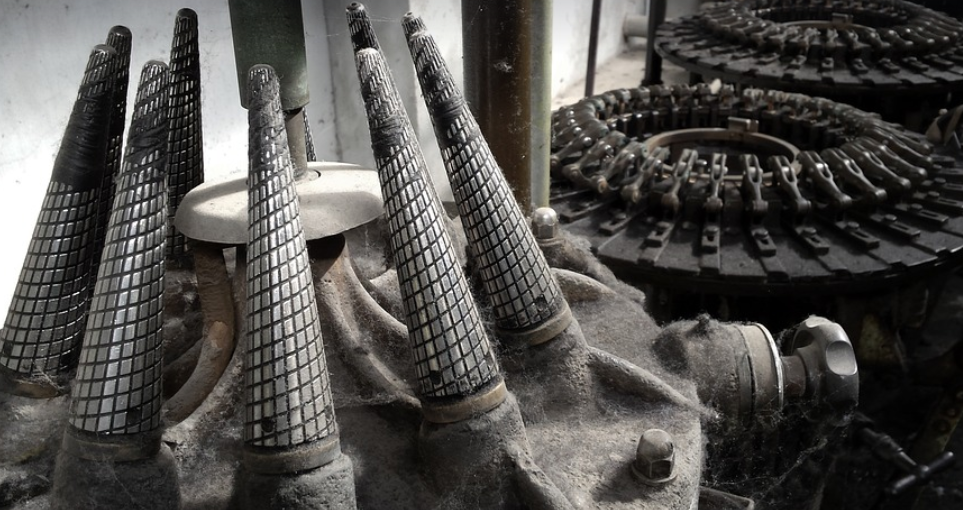What is 4 AWG Welding Cable?
4 AWG welding cable, also known as #4 gauge welding wire, is a heavy-duty electrical cable designed to handle the immense amperage demands of welding processes. Think of it like the strong and durable backbone that supports your welder in its quest to reshape metal into beautiful creations. These cables are built for high-power applications, providing reliable transmission of electricity from your power source to the welding torch.
Understanding Amperage: Why 4 AWG Matters
When we talk about electric current and welding, “amperage” is a critical factor. It refers to the flow of electrical charge through a circuit, measured in units of amps (amps are abbreviated as ‘A’). The higher the amperage, the more power your welding machine can generate, affecting both the speed and effectiveness of the weld.
Welding processes rely on high energy levels. A 4 AWG cable ensures a strong enough current flow to deliver power for those demanding tasks. It acts like a dedicated highway for electricity to travel efficiently from the welder’s source to the welding gun, minimizing resistance and maximizing the electrical potential.
The Anatomy of a 4 AWG Welding Cable
Looking at the inner workings of a 4 AWG cable reveals its design complexity. Let’s break it down:
* **Stranded Copper Wire:** Inside each 4 AWG welding cable, you’ll find multiple strands of copper wire wrapped together to form a thicker core. This arrangement increases the cable’s overall strength and conductivity compared to solid copper wires.
* **Insulation:** The individual copper strands are then covered with a layer of non-conductive material, usually rubber or plastic, known as insulation. This crucial step prevents electrical sparks from jumping to nearby objects and ensures safe handling. It also safeguards against accidental contact within the cable.
* **Sheath Protection:** Finally, all the elements are enclosed in a protective outer sheath. This tough outer layer offers additional protection from abrasion, weathering, and physical damage. This is critical for its long-term durability and reliability for even the most rigorous welding applications.
Choosing the Right Welding Cable
4 AWG welding cable is not just a one-size-fits-all solution. It’s crucial to select the right cable specification based on several factors:
* **Welding Equipment:** The amperage rating of your welder and its output will directly influence the current capacity you’ll need in your cable. If you’re using a higher-demand welding machine, ensure your 4 AWG cable can handle those demands.
* **Weld Type:** Different welding processes have unique power requirements. For instance, MIG welding often requires lower amperage than TIG welding. Ensure the cable matches the specific needs of your chosen process.
* **Application:** Consider the environment where you’ll be welding. Are you working outdoors or in a sheltered workshop? Is the cable exposed to extreme temperatures or harsh weather conditions?
Benefits of 4 AWG Welding Cable
Why choose 4 AWG welding cable for your next project? Here’s why:
* **High Amperage Capacity:** This is crucial for handling the high currents associated with different welding processes, ensuring a consistent and effective weld.
* **Reliability and Durability:** These cables are built to withstand demanding conditions. Their robust construction ensures long-lasting performance even under intense heat and pressure.
* **Safeguarding Electrical Spark Management:** The insulation of 4 AWG cables significantly reduces the risk of electrical sparks, further enhancing safety during welding activities.
Investing in Quality: Choosing the Right Welding Cable Brand
Just like any tool, knowing your product is key! Choosing the right cable brand can make a big difference. A reputable brand will offer:
* **High-Quality Materials:** Look for cables made with high-quality copper wire and insulation materials to ensure optimal conductivity and safety.
* **Certifications:** Quality welding cables come with certifications that demonstrate compliance with industry standards, such as UL or CSA. This ensures they meet stringent quality and safety requirements.
* **Customer Support:** A trusted brand will offer exceptional customer service, providing technical support if you have any questions about installation or use.
4 AWG Welding Cable: Your Partner in Success
In the world of welding, choosing the right cable is as important as selecting the right welding machine. When you opt for 4 AWG welding cables, you’re investing in a reliable and durable partner capable of powering your projects with consistent efficacy and safety.
